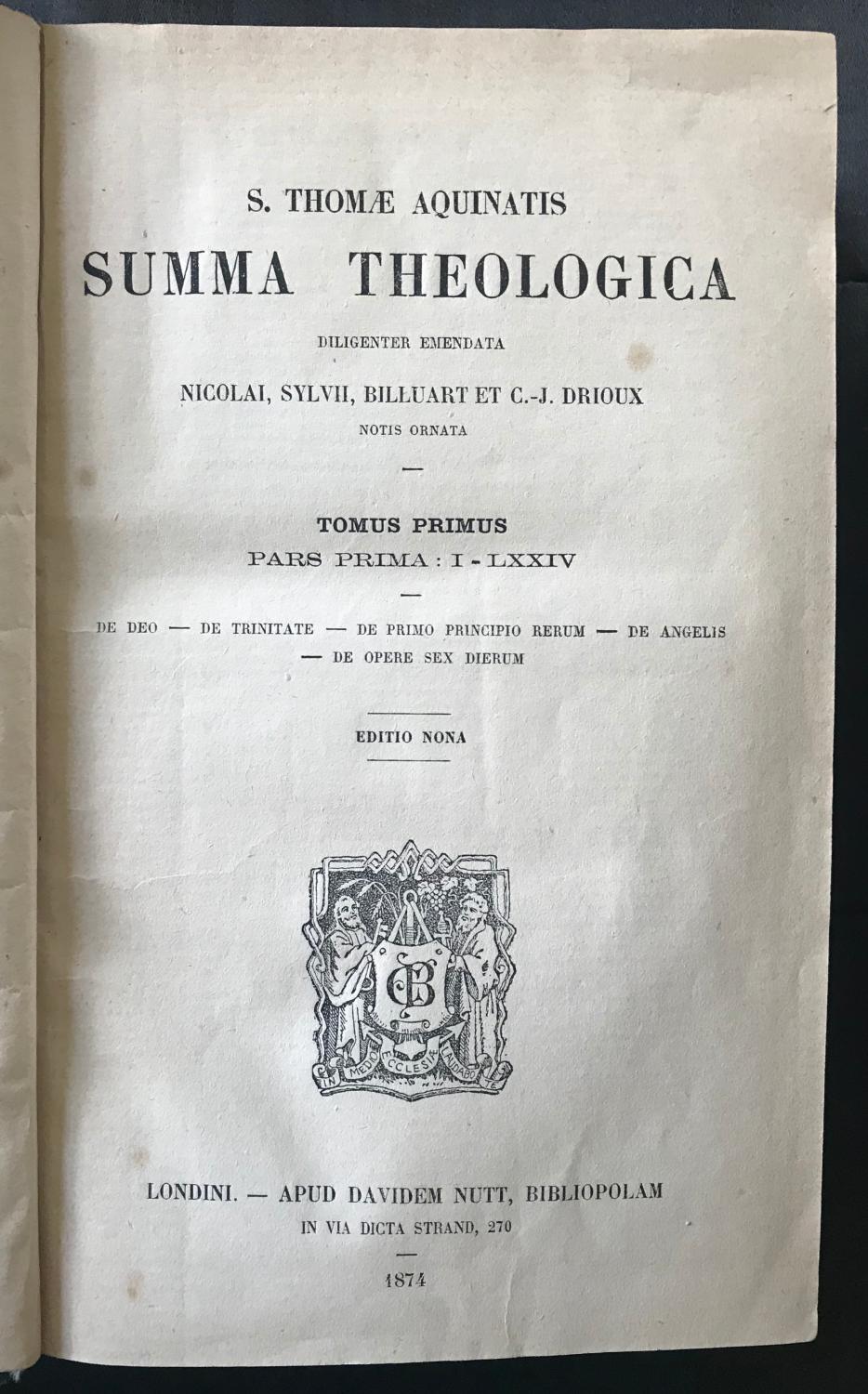

Dei ix, 5), mercy is heartfelt sympathy for another's distress, impelling us to succor him if we can. I answer that, As Augustine says (De Civ. On the contrary, Damascene says (De Fide Orth. Therefore evil, properly speaking, is not an incentive to mercy. But signs of evils excite one to mercy, as the Philosopher states (Rhet. Further, signs of evils are not true evils. ii, 8) that "harshness does not call for pity but drives it away." Therefore evil, as such, is not the motive of mercy. Further, cruelty and harshness seem to excel other evils. Now fault provokes indignation rather than mercy. For, as shown above ( II-II:19:1 I-II:79:1 ad 4 I:48:6), fault is an evil rather than punishment. It would seem that, properly speaking, evil is not the motive of mercy.

Whether evil is properly the motive of mercy? Is evil the cause of mercy on the part of the person pitied?Īrticle 1.


 0 kommentar(er)
0 kommentar(er)
